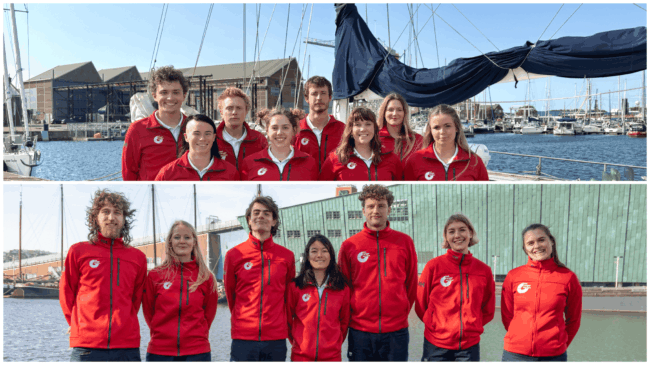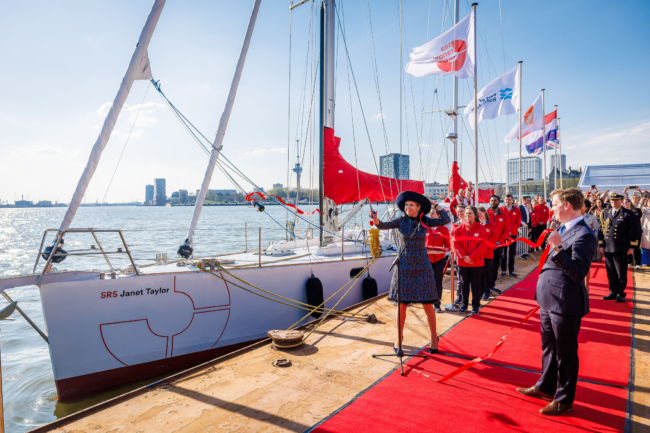To turn the tide, and help implement large-scale seagrass restoration, the Sea Ranger Service co-founded The Seagrass Consortium in 2022. Focus is on accelerating and developing both the scientific and logistical methods and standards to enable seagrass restoration at larger scale.
Ocean restoration programme
The work of The Seagrass Consortium is now co-funded by Nestlé Purina PetCare Europe, as part of the company’s new Ocean Restoration Programme. Under this new programme, large-scale restoration of seagrass, oyster reefs and seaweed (kelp forests) is taking place at identified sites in France, the Netherlands, Norway, and Portugal, while additional sites in Germany and the UK are being developed. The Sea Ranger Service provides Sea Rangers to implement seagrass restoration work on the ground.
The programme is split into two phases. In phase one, running in 2024-2025, various innovative restoration solutions will be trialled to assess their effective scalability. The second phase of the programme will focus on scaling up the deployment of these successful solutions, based on learnings from the first phase.
Wietse van der Werf, Founder and CEO of the Sea Ranger Service, is excited about the prospect of the new partnership: “As part of the wider Seagrass Consortium we are grateful for this contribution from Purina Europe to help boost our seagrass restoration work. As well as the positive environmental impact this collaboration has, the social aspect is also clear. This programme provides paid jobs to young people to work in European coastal areas, to kick start large-scale seagrass restoration.”
Learn more about the new Ocean Restoration Programme here.
The Seagrass Consortium
In addition to developing new standards for restoration, now supported through the new ocean restoration programme, The Seagrass Consortium is also focused on creating unique employment for young people in deprived coastal communities to carry out restoration work, achieving a simultaneous social impact. Restoration is targeted at sites in The Netherlands, France and Spain, inclusive of all four native European seagrass species.
Partners in the consortium include Project Seagrass, University of Groningen, L’Office Français de la Biodiversité (OFB), Institute of Environmental Hydraulics of Cantabria (IHCantabria), The Mediterranean Institute for Advanced Studies (IMEDEA-CSIC-UIB), CGG and the Sea Ranger Service.
The role of the Sea Ranger Service as part of the consortium is to train and employ young people around Europe to carry out the restoration work. This work has already started in 2023 in the Eastern Scheldt, The Netherlands and Arcachon Bay, France. Existing funders include Patagonia, Turing Foundation and Fred Foundation. New Sea Rangers selected after the Sea Ranger Bootcamp in The Netherlands this March, will be employed to work on seagrass restoration full-time.





